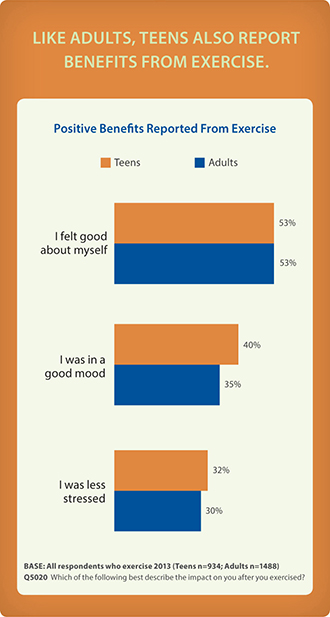What activity do you do to feel better, which is also healthy?If you’ve responded to the exercise, you’re in luck. Exercise and stress are inversely proportional.
People who don’t exercise tend to place little emphasis on its benefits, but exercise is generally an effective and healthy method for combating stress. If we do physical activity often, we may feel less stressed.
- The body that doesn’t move is a corpse.
- An energyless listless child is considered a sick child.
- Who is un healthy.
- And lack of exercise leads to poor health.
- In addition.
- Lack of physical exercise makes it impossible to cope with extreme situations and promotes slow metabolism.
- Low energy.
- Tendency to overeating and drug abuse.
Exercise and stress are inversely proportional. Exercise helps combat stress.
Excessive stress is harmful to health. When we stay in stressful states for long periods of time, negative reactions occur in our body due to the secretion of certain hormones, such as cortisol.
Stress also lowers our energy levels. We tire more easily, which leads to absenteeism and neglect in the performance of tasks and activities, the personal cost of which is immeasurable. Several disorders have been associated with stress, stress can make us suffer from coronary, gastrointestinal, psychological, respiratory, immunological diseases, etc.
For example, the consequences of chronic stress on the cardiovascular system occur at various levels: the thin inner wall of blood vessels can rupture and spread.
If stress is chronic, can it lead to disorders such as high blood pressure, coronary heart disease, tachycardia, sporadic heart arrhythmias, aneurysms, embolisms ?, and is it only at the cardiovascular level.
That’s why we need to implement strategies to deal with stress. Well, exercise is a great strategy to combat the negative effects of stress.
Exercise is a more or less vigorous activity that requires large amounts of oxygen. For exercise to benefit your cardiovascular system (heart and blood vessels), you must perform sustained aerobic exercise for at least 20 minutes.
Aerobic exercise is a relatively vigorous exercise that does not exceed the heart’s ability to provide the right amount of blood and oxygen to the muscles. Aerobics means air.
The harder the exercise, the higher the heart rate. If you overload your muscles, your heart won’t be able to provide enough oxygen. At this stage, you will have an oxygen deficiency and will not be able to maintain the activity level.
There are two types of relaxation: active relaxation and passive relaxation, passive relaxation is practiced through exercises such as diaphragmatic breathing, progressive muscle relaxation, meditation, etc.
On the other hand, active relaxation can be performed in various ways, we can practice active relaxation by running, walking, cycling, swimming, dancing, etc. , that is, we can make active relaxation through exercise.
Active relaxation is best when it doesn’t involve energy competition. In this case, it could become a source of distress. There’s a big difference between running quietly and doing it against competitors on a 100-meter track.
As we said, exercise and stress are closely linked, if we exercise moderately, we may be able to keep our stress levels at a distance.
Regular exercise will help us both physically and mentally, we will burn calories and, in addition, we encourage to reduce the effects of aging, according to medical research literature, the types of improvements we can feel during exercise are:
With a moderate amount of exercise we will reduce the levels of adrenaline and norepinephrine, which will help us to sleep faster, in addition, this sleep will be more restful.
Low cortisol levels have also been associated with better sleep quality; when we exercise moderately, we reduce levels of this hormone.
People who burn less than 2000 calories per week when not exercising are 64% more likely to have a heart attack than people who burn more than 2000. Remember that stress is a problem, cardiovascular risk factor.
If we regularly exercise moderately we will burn more calories, so we will reduce the likelihood of having a heart attack.
Better fitness gives us a greater ability to consume oxygen during exercise, resulting in lower resting heart rate, lower lactic acid production and maximum increase in performance capacity.
The more we exercise, the more we reduce triglycerides. We will also improve the proportion of high-density lipoproteins and low-density lipoproteins in the blood. Low-density lipoproteins carry cholesterol to tissues, where atherosclerotic plaques can form.
Research suggests that increasing oxygen flow to the brain increases glucose availability, which improves brain function. If we improve our brain, we will feel less stressed, catecholamine levels in the brain are reduced as a result of exercise and stabilize mood swings, which is helpful in alleviating feelings of anxiety and sadness.
As we can see, exercise and stress are closely related. Better fitness helps manage stress. Exercise strengthens us physically and mentally, creating a greater sense of ability to control what stresses us.

